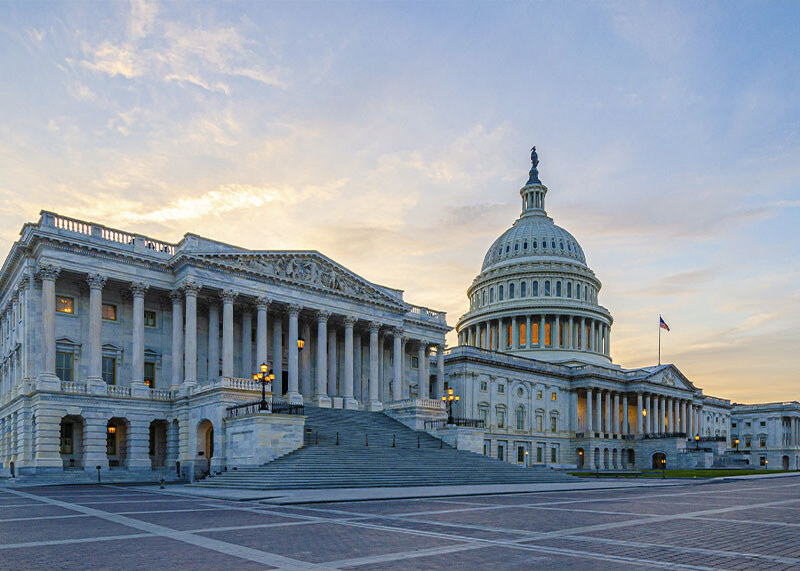
In the first session, Gabe Conger spoke with three of the most strategic, creative, and courageous defenders of freedom of expression and association against the power of government unions.
Victor Riches, President and CEO of the Goldwater Institute, explained that their entire focus is on changing public policy through litigation and legislation. Goldwater’s game-changing innovation of Education Savings Accounts, (ESAs), though they have different titles in different states, started with a traditional voucher measure and getting it passed. Union-backed opponents effectively fought back in court with arguments based on the Blaine Amendment. But a year later, Goldwater returned with the first ESAs, a proposal that evaded Blaine Amendment problems by ensuring that taxpayers’ money wouldn’t go to parochial schools but rather to parents to spend as they see fit.
The first victory included ESAs for special needs children. In subsequent years, the program was expanded to military families, children from failing schools or who were living on reservations, and so on. But as their efforts gained more traction, they saw an opportunity to legally shore up the laws by building “cause of action” clauses into legislation, giving them standing to sue when the government tried to deny school choice to families. Since government bureaucrats are known to break or ignore duly passed laws, adding causes of action clauses into legislation gives teeth to the law, giving Goldwater and other litigants the best chances of beating the government in court when infractions occur.
Nathan McGrath, President and General Counsel of the Fairness Center, discussed the strategic importance of not merely filing a case in a state and then moving on, but filing multiple cases to force unions to comply with the law. The strategy occurred to Mr. McGrath not long after he, as a young litigator in California, told his opponent that if his union client just stopped what they were doing, there would be no reason to pursue such cases. In a moment of surprising honesty, his opponent replied, “Nathan, we know, but you guys show up every couple years, and we settle the case or moot it out and then you go away. In the meantime, we make hundreds of thousands, if not millions of dollars. Basically, it’s a business decision.” This is why the Fairness Center’s strategy is to pound the unions with multiple lawsuits rather than just win a case and walk away. The success of this strategy was recently reflected in a call McGrath received from a union attorney who volunteered information on their client’s failure and begged the Center not to sue, insisting, “We’ll take care of it.” Persistent litigation with multiple cases is how wins can become precedents, and even in unfriendly states like Connecticut, unions have to look over their shoulders and do things right.
Aaron Withe, CEO of the Freedom Foundation, attributes the Freedom Foundation’s gift for gaining powerful enemies like American Federation of Teachers President Randi Weingarten to their success in helping union members leave, costing the unions millions every year. Their key measurements of success are how much they cost the unions, now measured in tens of millions of dollars in dues lost annually, and how much the unions fight back. In addition to their work in litigation and legislation, Freedom Foundation has invested heavily in the “ground game:” direct outreach to public employees, helping them understand their rights and break free from their unions—helping former members keep more of their hard-earned money.
By hosting an annual Teacher Freedom Summit, Freedom Foundation has been able to educate hundreds of teachers about how unions are introducing radical ideas into schools and how teachers can fight back. They’re given tools and tactics oriented toward launching campaigns to opt-out members, sue unions, and eliminate radical union-backed ideas like Critical Race Theory. They’re even helping to decertify unions in some cases, as with a current Freedom Foundation-backed effort in Miami, Florida that is poised to decertify the nation’s third-largest district.
Bradley Summer Associate Legal Fellowship
The Fellowship is an opportunity for law students to explore a career in public interest law by working at an organization for ten weeks during the summer following their first or second year of law school. Fellows receive a stipend and have an opportunity to network with their class of fellows and leaders in the field. This year, with support from the Impact Fund donor community, the Impact Fund is supporting Fellows from the Fairness Center and the WMC Litigation Center.


